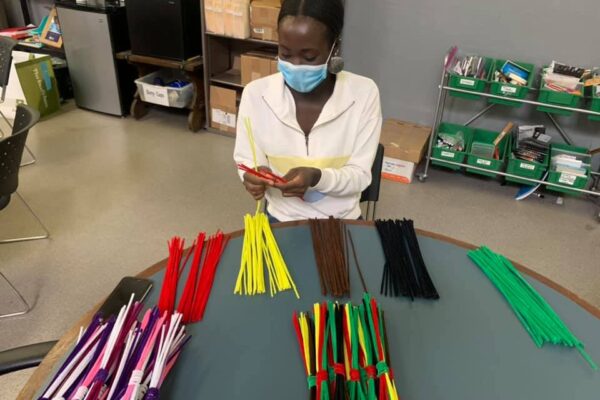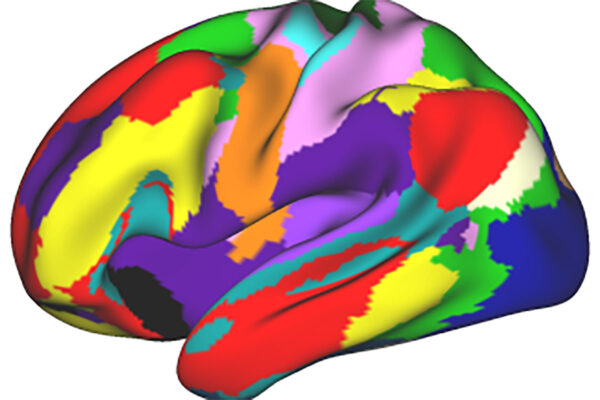Washington University announces 2020 College Prep scholars
Washington University in St. Louis has admitted 50 rising high school sophomores to its innovative College Prep Program, a multiyear initiative that prepares high-achieving students with limited financial resources for college. Due to the COVID-19 crisis, summer programming will move online. However, students still will have opportunities to study with top faculty, learn about the college application process and reflect on their own goals and interests.
Ssewamala receives NIH grant to train HIV/AIDS Ugandan researchers
A $1.5 million grant to the Brown School will provide state-of-the-art training for 18 early-career researchers in Uganda to strengthen the capacity of research institutions in the country to address HIV/AIDS and its burden on child and adolescent mental health.
Living faithfully in a world of difference
In a society that is increasingly diverse yet less tolerant, how can Christians live faithfully while respecting those whose beliefs are radically different? A Washington University in St. Louis scholar says before we can find common ground with others, we must start by acknowledging and being comfortable with our own beliefs that make us different.
‘Innovate or die’ has never been truer for businesses
During this critical transition as local economies are reopening, an organizational strategy expert at Washington University in St. Louis says businesses must be thinking about the appropriate mix of defense and offense if they are going to succeed in the long game.
Institute helps local students in the era of COVID-19
The Institute for School Partnership at Washington University has launched new programs and partnerships and created new curriculum. Efforts include a new COVID-19 curriculum for middle school students and distributing materials for at-home STEM projects.
Study examines black male youth reactions to social media videos of community violence
New research from the Race and Opportunity Lab in the Brown School’s Center for Social Development at Washington University in St. Louis sheds light on youths’ reactions to social media videos showing violence in their communities.
Trump attacks on Twitter betray free speech principles
After President Donald Trump made unsubstantiated claims on Twitter about mail-in voting and Twitter responded by attaching a link to his tweets, Trump threatened to close down the social media giant. “The president appears to have no understanding of or concern for free speech,” says a constitutional law expert at Washington University in St. Louis.
Minimum wage increases a mixed bag, but ‘not a good idea’ amid crisis
If the post-pandemic economic return includes minimum-wage increases across a few or many states, research led by Washington University in St. Louis scientists in the Olin Business School suggests that some positive and negative effects for U.S. workers follow in the two years after implementation.
MyDay program progresses
MyDay, a multiyear effort to modernize how the university collects, manages and reports the data needed to operate, is progressing. The original launch date has been delayed, and the team offers an update to employees.
$13.7 million to further adolescent brain development study
Washington University scientists will receive $13.7 million in additional funding for ongoing research into adolescent brain development. Their work is part of the largest long-term study of brain development ever conducted in the United States.
View More Stories









